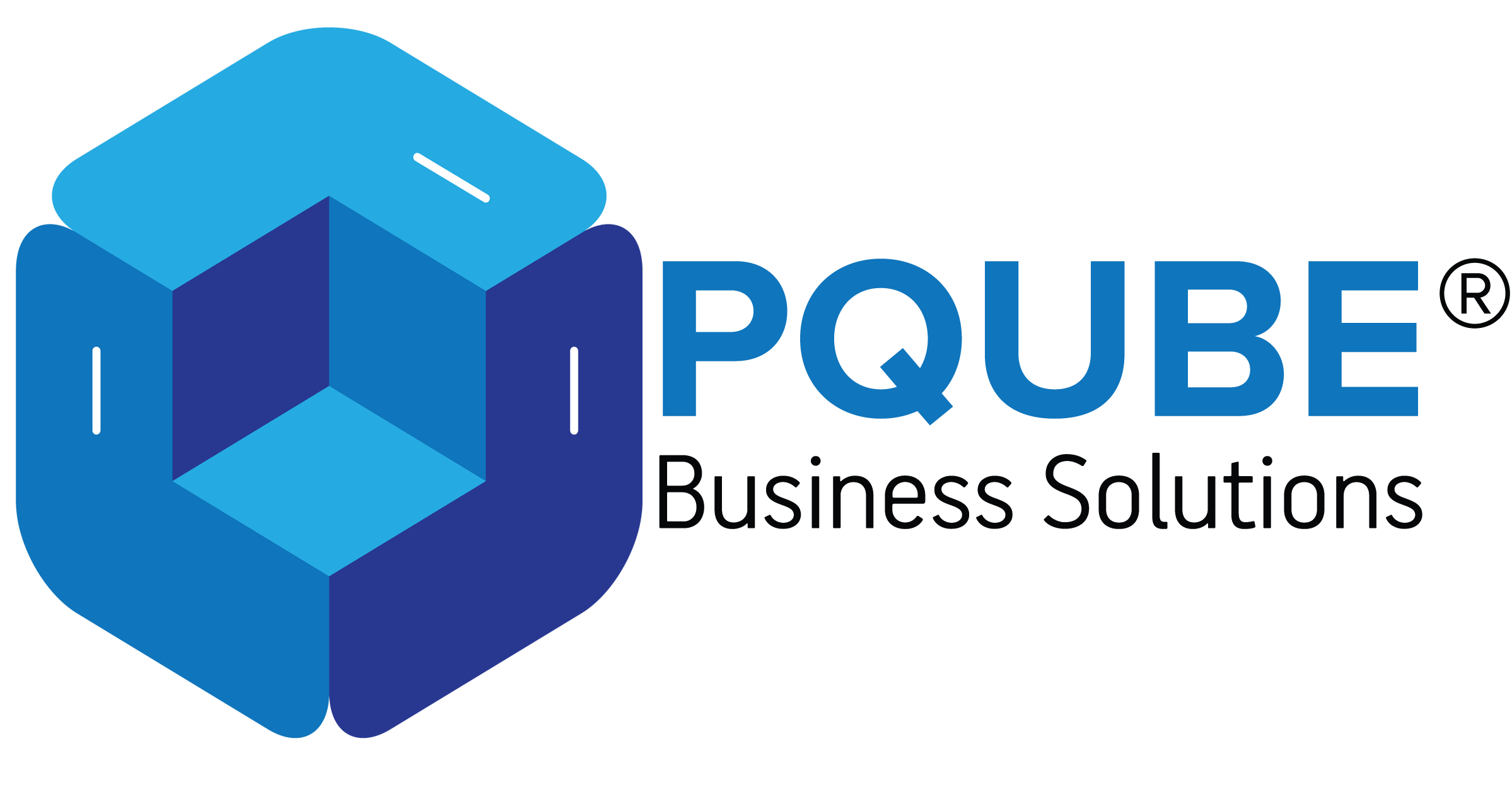Introduction
Artificial intelligence, often hailed as the technology of the future, has found a particularly sweet spot in the world of software development.
With its ability to automate tasks, enhance quality, and accelerate innovation, AI is transforming the software industry at a remarkable pace.
In this blog post, we\’ll delve into how AI is reshaping the software landscape, from code generation to ethical considerations.
The Role of AI in Software Development
Automation of Routine Tasks
AI is a formidable ally in automating routine and time-consuming tasks for software developers.
For instance, it can generate code snippets, optimize existing code, and even streamline the debugging process.
Take, for instance, the case of OpenAI\’s GPT-3, which can generate code in various programming languages based on user-defined requirements. This not only speeds up development but also minimizes human error.
Enhancing Software Quality and Reliability
Predictive maintenance powered by AI is a game-changer.
With machine learning algorithms, the software can now predict when it needs maintenance or updates, allowing developers to intervene before critical issues arise.
In sectors like aviation, AI-driven predictive maintenance helps avoid catastrophic failures by monitoring and analyzing data from aircraft systems.
Accelerating Software Development
Agile methodologies are well-accompanied by AI, expediting the development process.
AI tools like Jenkins Automation Server automate the build and deployment pipeline, reducing manual intervention. Moreover, AI enables faster prototyping and iteration, enabling developers to respond more swiftly to user feedback and market changes.
AI-Powered Software Tools and Technologies
Machine Learning for Predictive Analytics
Machine learning algorithms, fed with large datasets, can predict user behavior, enabling software to offer a personalized experience.
For example, Netflix employs AI to recommend movies based on a user\’s viewing history, keeping users engaged and satisfied.
Natural Language Processing (NLP) in Software
NLP has transformed how we interact with software.
Chatbots and virtual assistants, such as Siri and Alexa, rely on NLP to understand and respond to human language.
Additionally, NLP is used for sentiment analysis, helping companies gauge public opinion on social media and adapt their software accordingly.
AI in User Experience (UX) Design
In the realm of UX design, AI plays a crucial role in user behavior modeling. AI-driven tools like Adobe Sensei can analyze user interactions with a software interface and offer recommendations for improving user experience.
This not only enhances usability but also drives user engagement.
AI in Software Testing and Quality Assurance
Automated Testing with AI
Testing and quality assurance are integral to software development, and AI is revolutionizing this domain. AI-powered testing tools like Selenium can automatically generate test cases, execute them, and provide detailed reports.
This not only saves time but also enhances the thoroughness of testing.
AI for Anomaly Detection
AI can identify anomalies and potential issues early in the development cycle. Tools like Prometheus use AI algorithms to monitor software in real time, flagging unusual behavior that might indicate a bug or security vulnerability.
This proactive approach improves software quality and security.
AI in Software Maintenance and Updates
Predictive Maintenance and Issue Resolution
With AI, software can anticipate when maintenance or updates are required. For instance, Tesla\’s cars use AI to predict battery issues and schedule maintenance, ensuring that the vehicles remain in peak condition.
This predictive approach minimizes downtime and enhances user satisfaction.
Automatic Software Updates and Patch Management
AI simplifies software updates by automating the process. Operating systems like Windows 10 use AI to determine the best time to install updates, minimizing disruptions for users.
AI can also identify and patch security vulnerabilities swiftly, reducing the risk of cyberattacks.
The Future of AI in Software Development
Emerging Trends and Technologies
The future of AI in software development is exciting. Emerging trends include the use of AI to create entirely new software applications autonomously, allowing non-developers to participate in software creation.
AI-driven design tools that transform wireframes into code are also on the horizon.
Ethical Considerations and Responsible AI Development
As AI becomes more integrated into software development, ethical considerations are paramount.
Developers must ensure that AI algorithms are fair and unbiased, and respect user privacy. AI ethics, similar to the Hippocratic Oath in medicine, are essential to guarantee responsible AI usage.
The Impact on Job Roles and the Workforce
AI\’s increasing role in software development raises questions about job displacement and the future of the workforce.
However, rather than eliminating jobs, AI is likely to reshape job roles, requiring professionals to adapt and acquire new AI-related skills.
Challenges and Concerns
Data Privacy and Security
The data-driven nature of AI introduces concerns about data privacy and security. Companies must handle user data responsibly and ensure that it is protected from breaches or misuse.
Bias and Fairness in AI Algorithms
Bias in AI algorithms is a significant concern. For example, in 2018, Amazon scrapped an AI hiring tool because it exhibited a gender bias.
Developers must be vigilant in identifying and mitigating bias in their AI systems.
Ethical Dilemmas and Responsible AI Usage
From autonomous vehicles making moral decisions during accidents to AI-powered surveillance, responsible AI usage is paramount.
The ethical implications of AI in software development are complex and must be addressed with careful consideration.
Conclusion
In a rapidly evolving field, the impact of AI on software development is undeniable.
From automating routine tasks to enhancing user experience and security, AI is revolutionizing how software is created and maintained.
However, as AI continues to shape the industry, ethical considerations and responsible development practices must go hand in hand with technological advancement.
As we move forward, the fusion of AI and software development promises a future filled with innovation and opportunities for those who are willing to embrace this powerful transformation.












